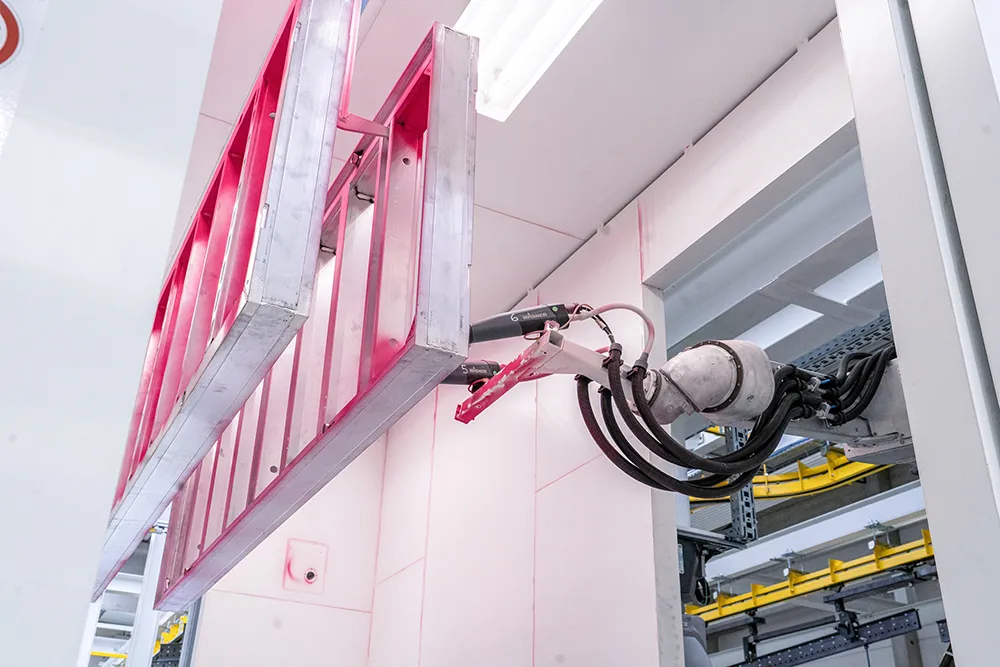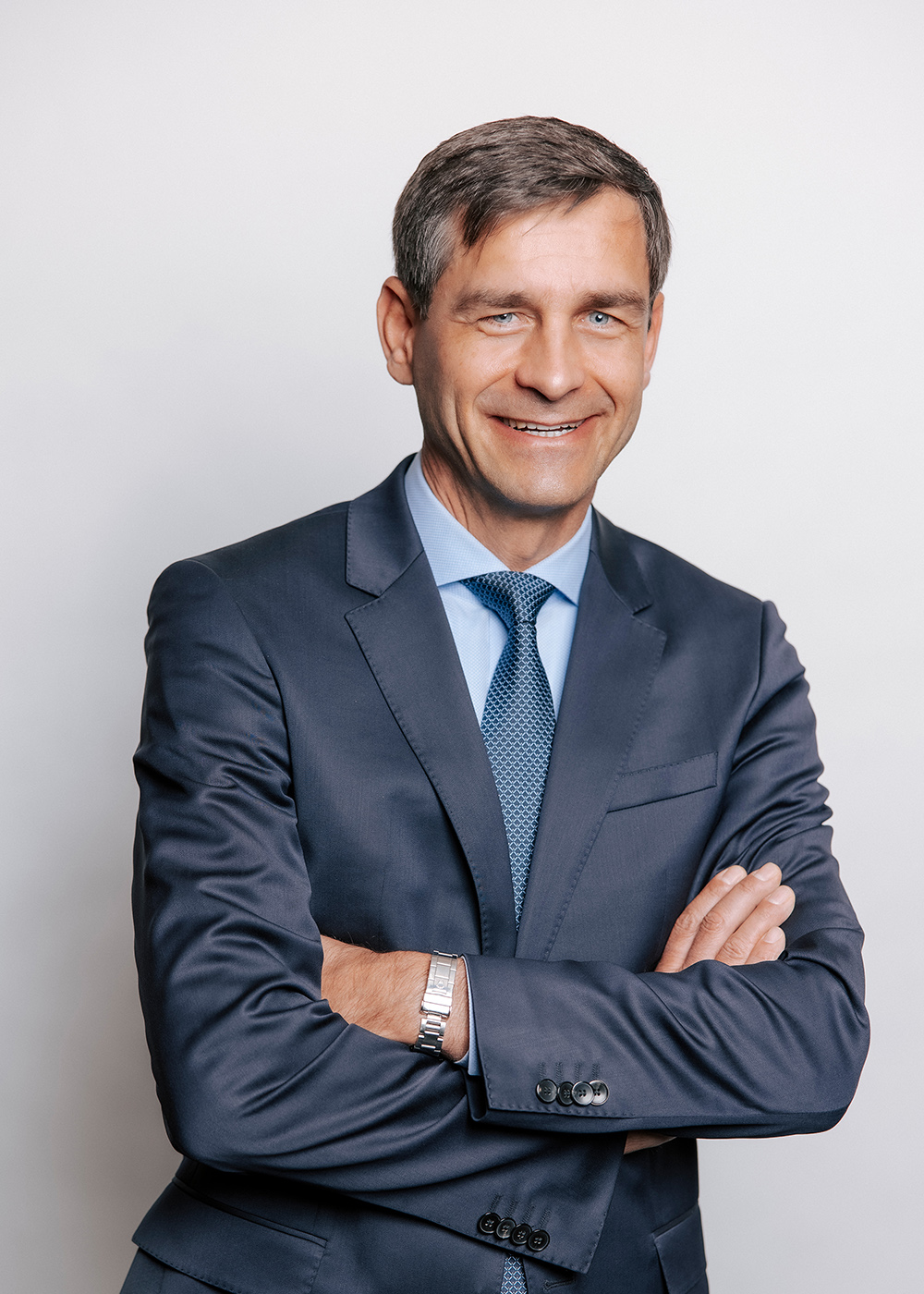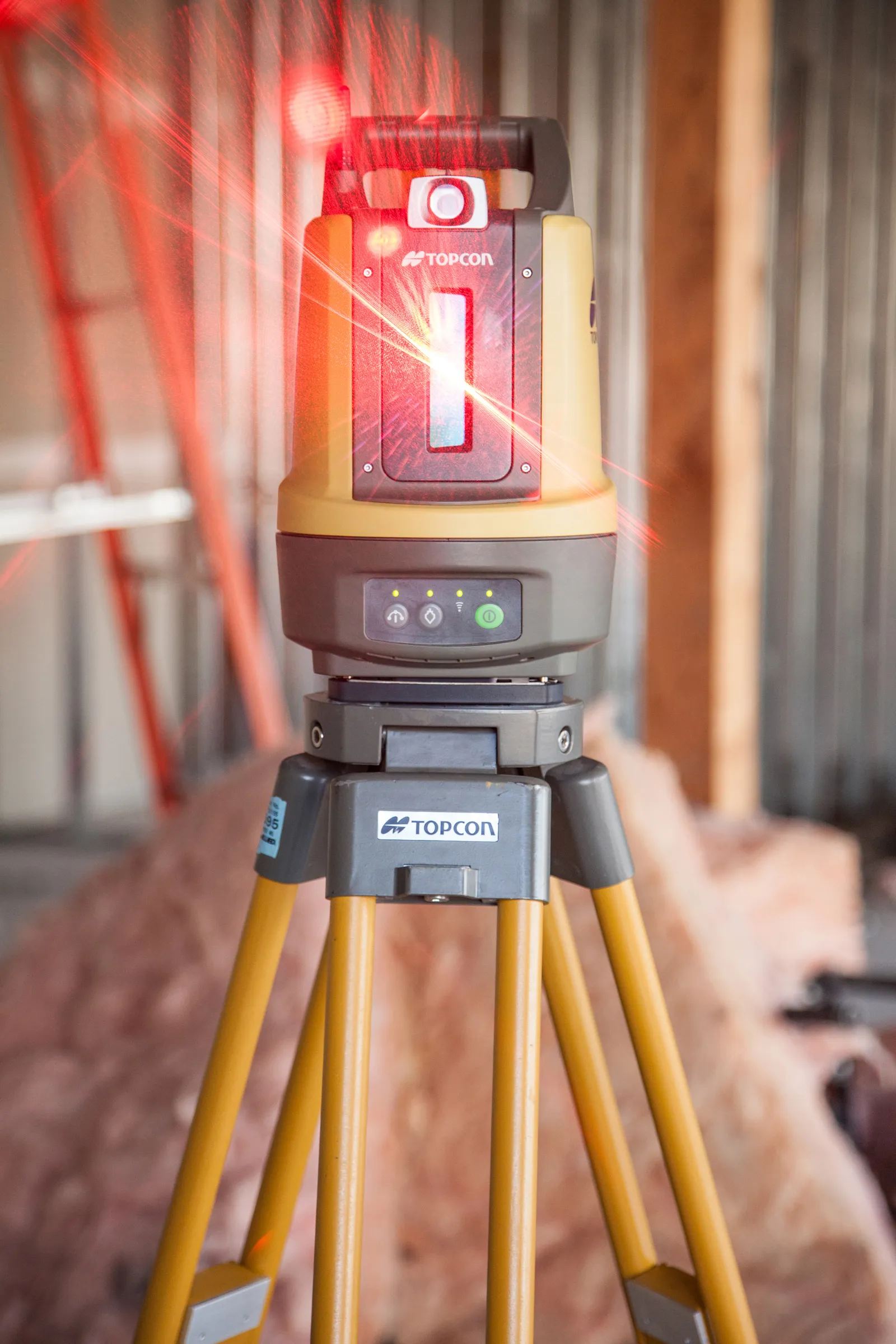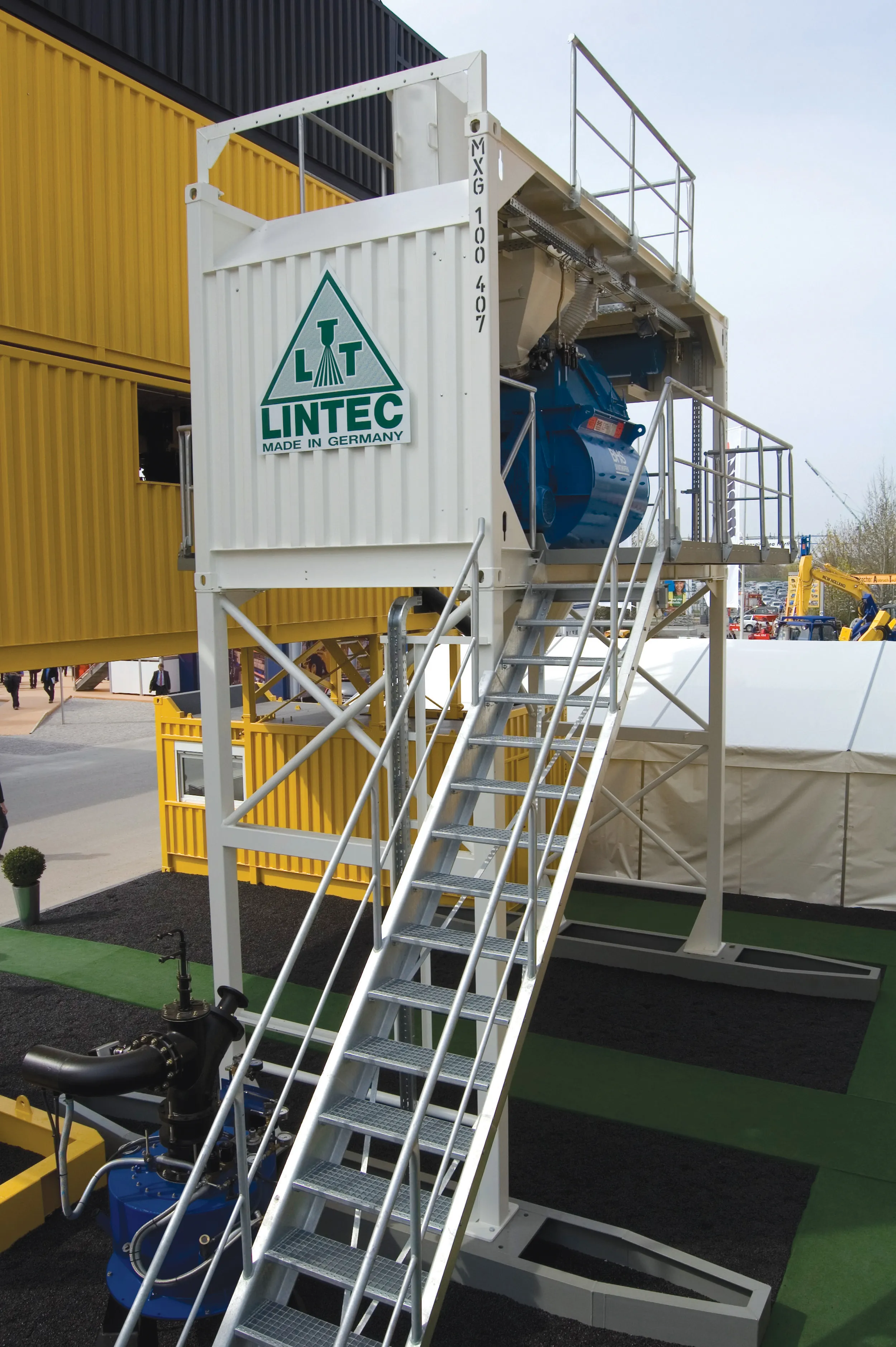
The highly-automated plant “forms part of a multistage expansion of production facilities in St. Martin with a total investment volume of €40 million”.
Doka said the new powder-coating plant consumes 80% less water than the previous plant and uses environmentally friendly chemicals. The use of sophisticated technologies also permits the plant to save energy in the operation of the furnaces.
"The plant design was inspired by the notion of maximum flexibility," said Christian Mayr, Doka’s vice president of production. A major new feature is that even the larger components of the Doka Framax product range can be powder-coated in the near future. This also means that small series, in addition to large-scale series, can now be produced quickly and economically. The new powder-coating plant adds a real touch of colour, with frame elements able to be painted according to client wishes, such as in corporate colours.

Due to the high level of automation and digitisation in the production process, the range can even be produced in Austria at competitive prices. The plant is currently being ramped up to run as a single-shift operation. The company also plans to make the plant available for contract manufacturing in the future.
The commissioning coincides with Robert Hauser taking over as chairman of the company. Hauser joined the company in 2018 and has been a board member for the Middle East & Africa and East Asia & Pacific regions since last year. He moved from Dubai for the new position and takes over from Harald Ziebula who is retiring from Doka after 21 years. He intends to accelerate Doka’s digitalisation in the sense of intelligent methods and efficient processes.
Prior to joining Doka, Hauser was employed by the industrial services provider Bilfinger SE where his responsibilities included the Scaffolding division. Before Belfinger, he worked at scaffolding provider Peri for 12 years.









